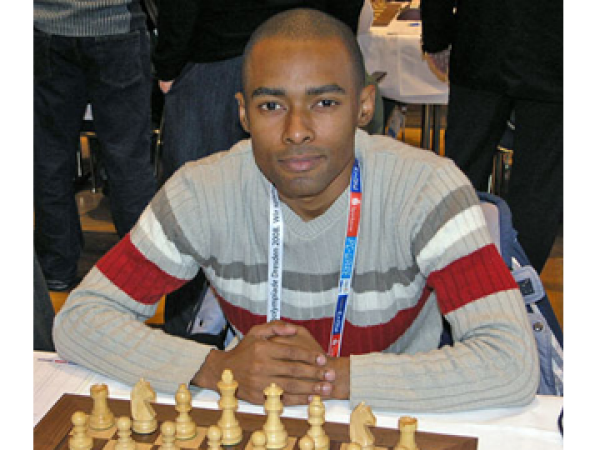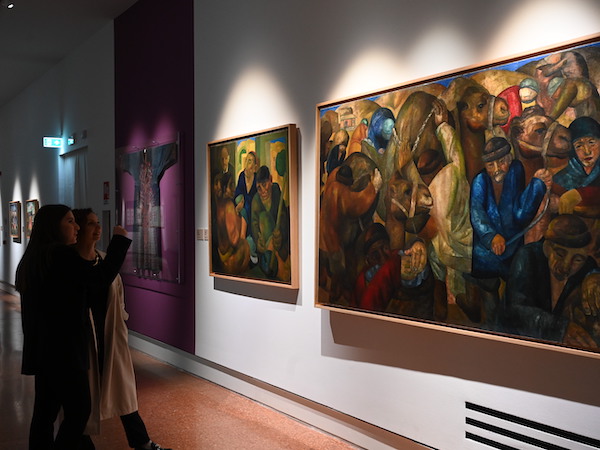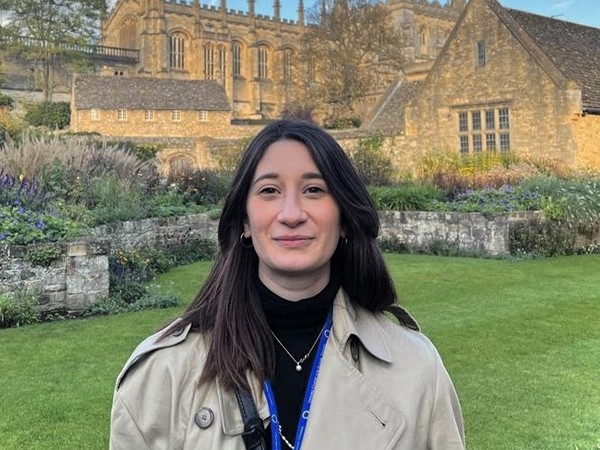Starting on 20 May 2021, Ca’ Foscari will offer chess courses at all levels (beginners to advanced) to Ca’ Foscari students, teaching staff, alumni and former personnel, as well as to IUAV’s students and teaching staff. So far, about 250 people have signed up for the chess club and registration is open until 13 May 2021.
The project has been conceived and developed by Professor Francesco Casarin and Professor Pietro Ferrara, who believe in the educational value of the game, not only because it promotes logical and strategic skills, but also because, on a more personal level, it encourages players to be patient and stay focussed. Overall, chess offers ample opportunities for personal growth, which can have a beneficial effect on a person’s individual development and also on academic studies. Therefore, the chess courses now offered by Ca’ Foscari make a valuable contribution to the university’s educational offer. Even though the courses will begin online due to the pandemic, the aim is to allow participants to meet in person in the future.
The most advanced chess players will be supervised by the Chess Grandmaster Kenneth Terence Solomon, the first South African Grandmaster. He became an International Master in 2004, and in 2014 he won the African Chess Championship. He has also represented South Africa in ten Chess Olympics, starting in 1998. The chess champion is currently a member of the A.D. Esteban Canal group in Venice, and he collaborates with A.S.D. Scacchi Capablanca in Mestre. We had the pleasure of interviewing Kenneth Terence Solomon on behalf of our community.
How did you start to play chess?
“At first I wasn’t that interested in chess, even though I started playing when I was about 7 years old because one of my brothers (I have 5 brothers and 2 sisters) had taught me some moves. At the time, however, I had lots of friends. We lived in Mitchells Plain, which was built during the Apartheid, and single-storey houses overlooked the streets, so I thought that playing outside with other children was more fun.
My brother, on the other hand, often played chess until dawn with his friends, and I just didn’t get it – I thought they were all mad. But when I was 13, in 1992, my brother qualified for the Olympics in the Philippines. Thanks to the change brought about by Mandela and the abolition of Apartheid, the game was no longer divided between white people and black people, and my brother belonged to the first team.
1992 was also the first year in which South Africa was readmitted to the competition. It was a turning point for me: after seeing my brother get on the plane, I went back home and started studying chess with great enthusiasm. I went mad too, if you will. I started looking for chess books in libraries and I would make very long trips to get there. I would read interviews – it had become a real passion. In January 1993 I participated in my first tournament. In 1995 I won the Southafrican championship for under 16s, and in 1998 I participated in my first Olympics.”
How would you describe the way you play? Does the fact that you teach influence your approach?
“I try to be flexible and to adapt my game to my opponents’. If they are aggressive, I try to focus on their weaknesses and play more forcefully, and vice versa. I try to adopt a long-term approach. When I first started playing, my brother told me I should develop a “universal” style, but that requires a great degree of versatility and study – for example, I analysed the games of ex-champions in order to acquire their style – at a level which is not always easy to maintain. Lately I’ve been trying to adjust my style to make it a bit more aggressive, something which doesn’t come naturally to me.
This long-term approach is what I teach. I try to help even the youngest players understand that wanting to win is not enough: you must have a long-term goal in order to learn various styles and become skilful in various situations. The ultimate goal should be to become an accomplished player, and not simply to win.
I believe that my education and experience in teaching (I’ve been a FIDE teacher since 2005) are reflected in my game. Unlike others, who may have started to play chess very early in life with a trainer, I study and teach, so my game is the result of studying and teaching: it is easier to understand (and use) an opening when you have explained it many times, and the same is true with any move. Books become unnecessary as you develop a much wider and more solid understanding than that of players who, for example, have only studied what they believed would help them win – your game grows more varied and flexible.
This is the objective of my lessons at Ca’ Foscari: I want to ensure that players learn not only how to play, but also to appreciate the game, its history, and the strategies of former players. I would also like for those who eventually stop competing – as some of my best students have done, deciding to focus on other careers instead of becoming Grandmasters – to be able to enjoy a game among professionals.”
The series The Queen’s Gambit has highlighted the role of women chess players. Do you think female chess has changed in recent years?
“When I started playing, there were very few female players, even though they could compete in open tournaments. To this day in the International Chess Federation (FIDE) Top 100 Open Players list there is only one woman, Yifan Hou. Chess is a sport in which men and women can compete against each other, unlike in the majority of Olympic sports. This means that there are opportunities for players to experience very different forms of play. In teaching children, I’ve noticed that boys tend to play in a more direct and aggressive way and are more likely to take risks, whereas girls generally seem more protective and inclined to pursue various alternatives simultaneously during the game. When you experience a different approach you always gain an opportunity to improve, in one way or another.
Today there are many more women who participate in tournaments and female playing has improved over the years. In Gibraltar, I played against Aleksandra Goryachkina, then a World Champion challenger, and I was lucky to scrape a draw.”
What would you say to someone who is becoming interested in chess?
“First of all, you should know it’s never too late to start playing. The moment you become interested is the right time for you. Then, I would give you this piece of advice: try to be like a child, even though I know that for adults it’s not an easy thing to do. If you want to improve quickly, you need to try to let go of the analytical approaches that are typical of adulthood. Instead, you should watch chess games to appreciate the beauty of the strategies that are being employed, rather than to focus on each move.
As you practise, you should try to behave like children: focus on doing, not on asking yourself too many questions. Allow your muscles to memorise the moves, so to speak. The physical repetition of other players’ moves will allow your subconscious to process that information. It seems very easy and maybe a bit mad, but it works.”
You can sign up for the courses and online games until 13 May 2021.
Further information is available in Italian here.
Online game sessions will begin on 20 May at 5pm on chess.com.
Courses (five one-our lessons, once a week for five weeks, starting at 5pm):
- Beginners - 24 May
- Intermediate - 25 May
- Advanced - 26 May











